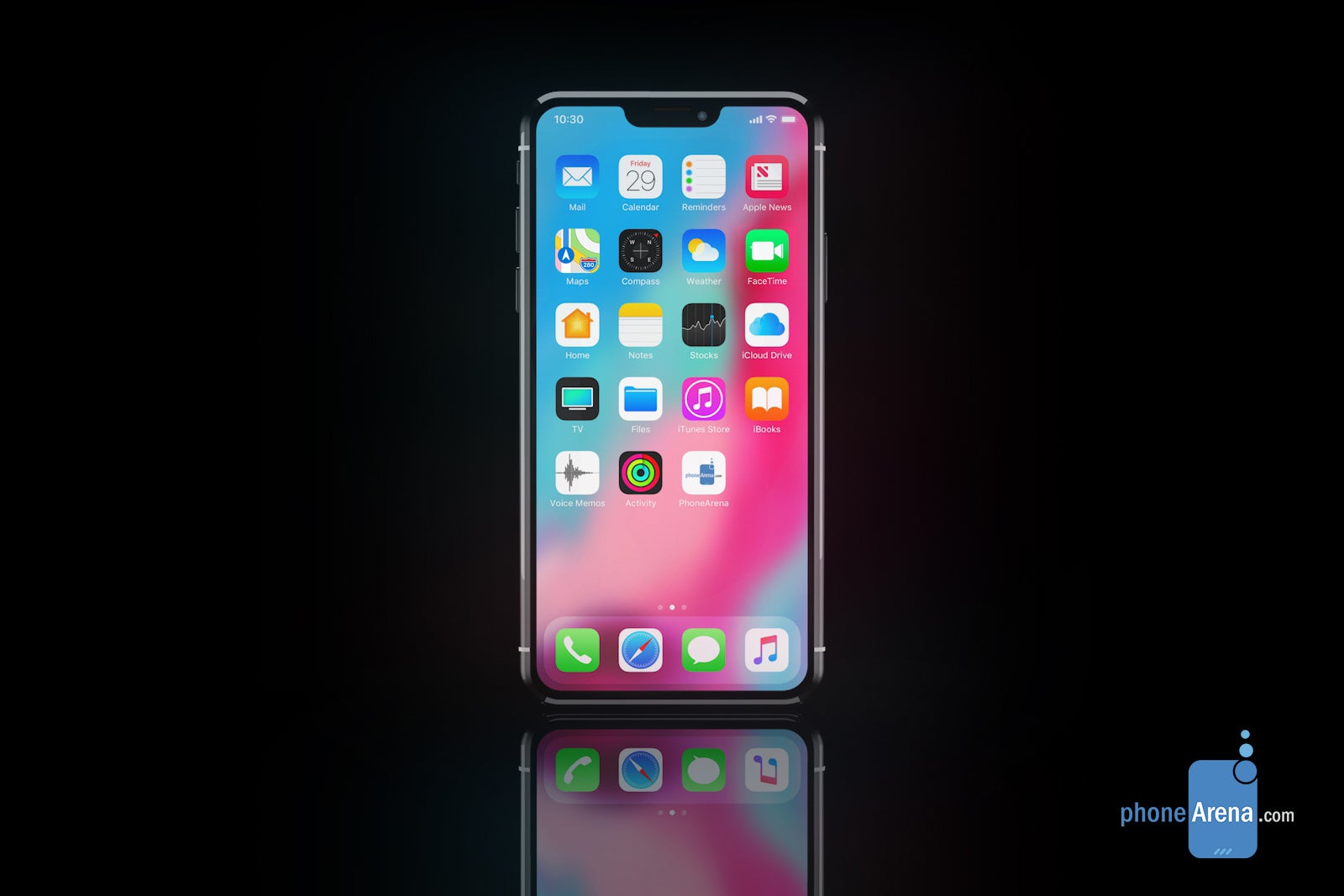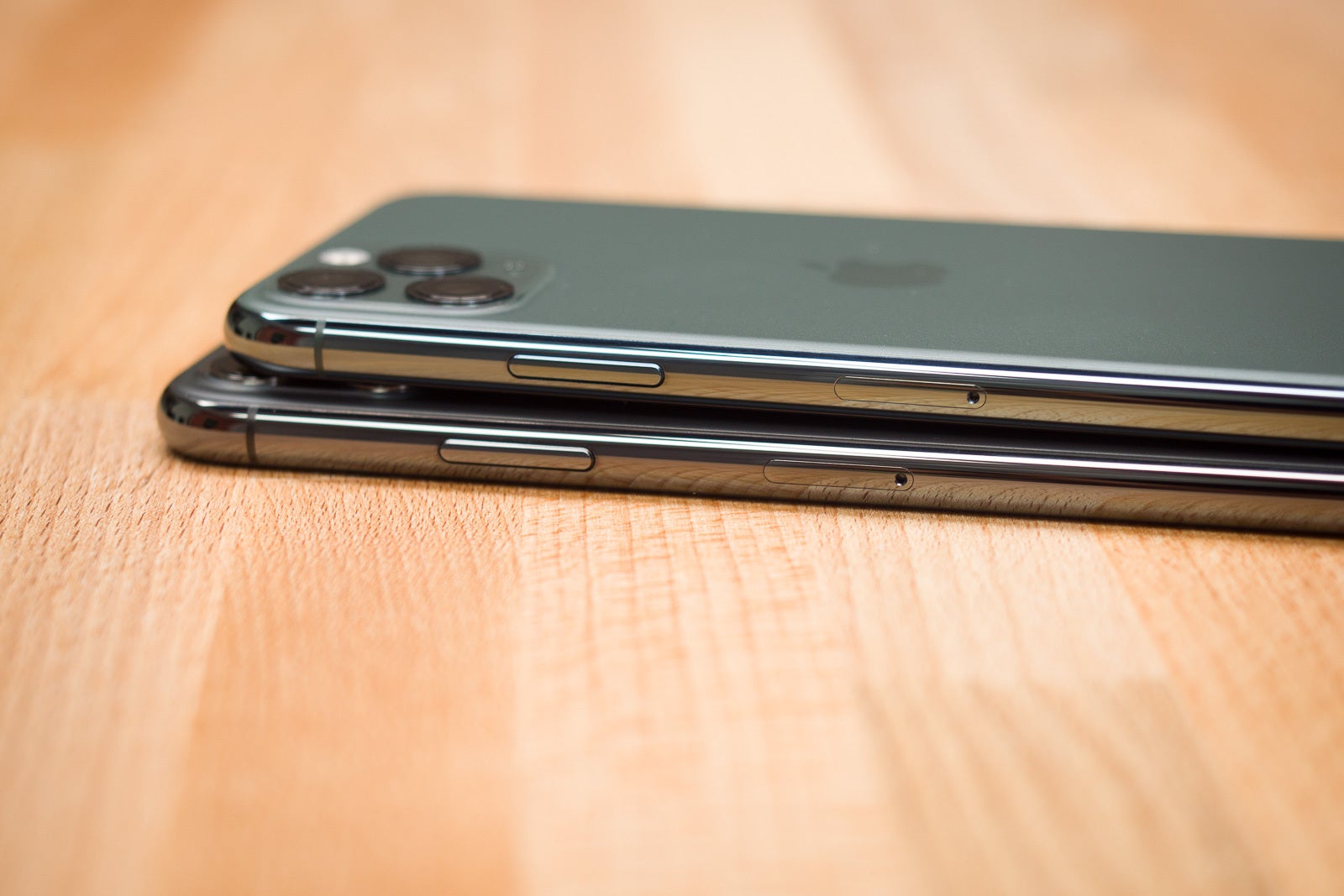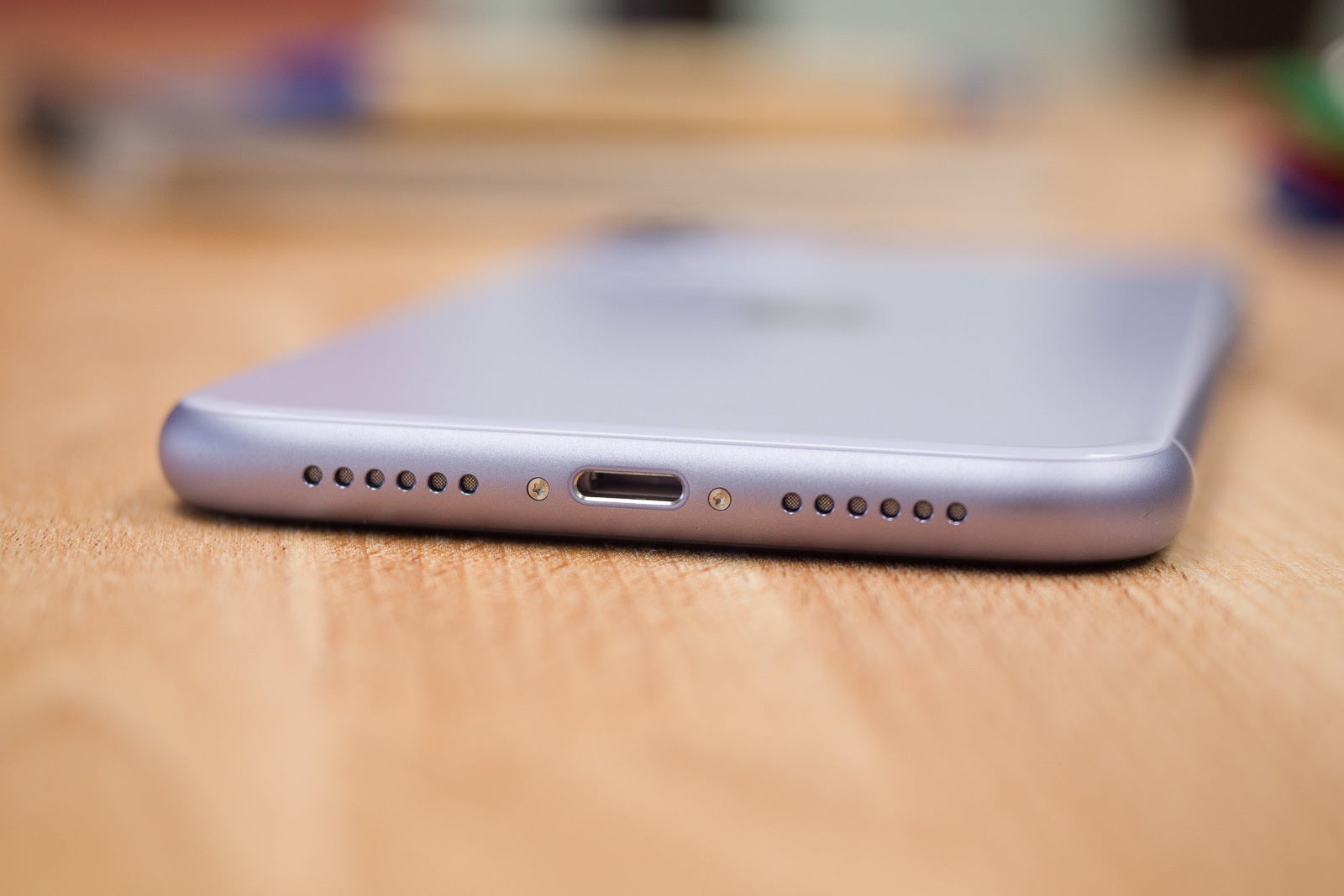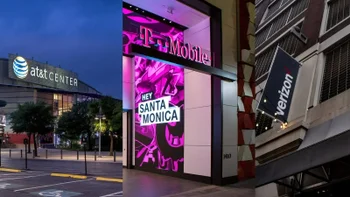2020 iPhones being tested with 'a few' different notch and Face ID setups

The iPhone 11 Pro and Pro Max
The next iPhone Pro will (finally) ditch the current notch
Per the information provided, Apple is working on “a few Face ID prototypes” that make use of new optics. Some are reportedly smaller in width, meaning the resulting notch is noticeably shorter, while others are said to be compact enough to fit inside the top bezel, although it's unclear if a thicker bezel is required to achieve this. Apple’s new Face ID components will presumably enable a faster and more secure system that can be used from different angles. Many users have been asking for a Face ID setup that’s capable of scanning your face even when the iPhone is laying flat on a table, so perhaps this is one of the improvements Apple could introduce next year.

Smaller iPhone notch concept render
As for the rear of Apple’s next-generation iPhones, all models will retain the controversial square-camera module feature on this year’s lineup but new sensors are said to be on the way. The iPhone 12 Pro series will reportedly gain access to a Time-of-Flight sensor while the iPhone 12 may incorporate the latter or a telephoto zoom camera.
Wider antenna lines will enable 5G connectivity
Other modifications to the iPhone 12 series should include an updated frame that’ll be noticeably flatter than the existing one and resemble the iPhone 4’s quite closely. What materials Apple plans on using are yet to be confirmed but the Pro-branded devices will presumably stick with stainless steel while the standard iPhone 12’s is expected to feature an aluminum alternative.

According to Ben Geskin, the revamped metal frames will be paired with wider antenna lines along the bottom, top, and sides that are now over 1mm thick. Additionally, the plastic material that’s currently used is set to be replaced by either glass, ceramic, or sapphire. These changes should improve overall connectivity and, therefore, enable compatibility with 5G networks. Despite earlier reports, Apple is now expected to introduced 5G support on all 2020 iPhone models, not just the Pro-branded models.
Apple wants to eventually ditch all physical ports
The iPhone 12 Pro is largely expected to make the switch over to USB-C while the iPhone 12 will reportedly stick to the Lightning connector. But if the information received by Geskin is accurate, Apple’s long-term goal doesn’t involve either of these ports.
Apparently, the Silicon Valley-based giant is hoping to eventually replace its physical ports with a version of its current wireless charging tech and ultra-wideband (UWB) technology for transferring data. The latter enables speeds of up to 500Mbps within 3 meters and 110Mbps at 10 meters.

Apple’s U1 chip used inside the iPhone 11 series already takes advantage of UWB technology and the upcoming AirPods Pro and Apple Tag will implement the technology too. But Geskin believes the plan to replace the physical connector on iPhones won’t be executed until 2023 at the very earliest.
Follow us on Google News
















Things that are NOT allowed:
To help keep our community safe and free from spam, we apply temporary limits to newly created accounts: